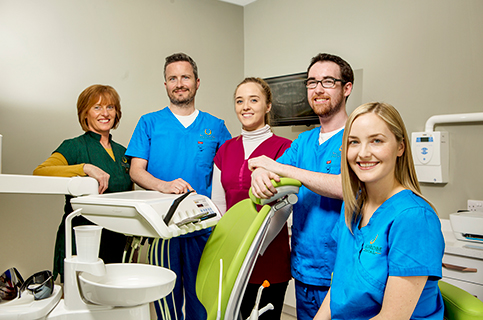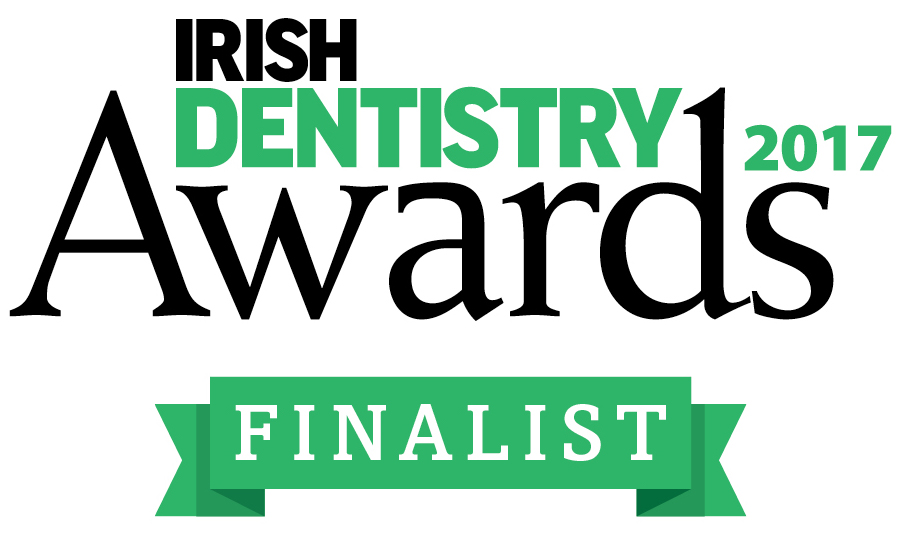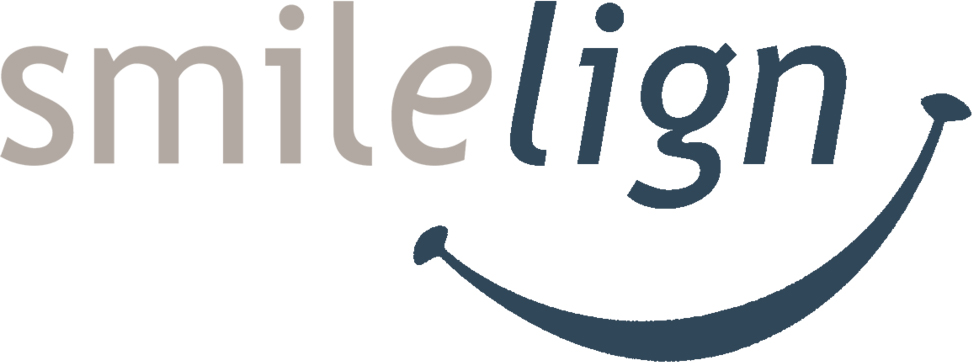Abnormal Loss of Baby Teeth
Dr. O’ Beirne has been trained in Paediatric Dentistry and has practiced as a children’s dentist with the H.S.E Midlands. He has a particular interest in the prevention of dental disease and the use of fluoride in prevention of dental cavities. He has won the Crest Undergraduate Award from the International Association of Dental Research for his work on this subject.
Here are some common questions we are asked everyday!
When should my child first visit the dentist?
The Importance of Regular Checkups for Kids
The first visit should be no later than their first birthday. Bring your child along when you are having your own check-up. Stay calm and relaxed as children often detect their parent’s anxiety and then mirror their behaviour. Then casually ask your child to hop up on the dentist’s chair, or even sit on your knee in the chair. The visit will be a fun experience for them. The first experience is more of an introduction, with lots of stickers and rewards for their first visit.
As the years go by the child is much less likely to be anxious about attending, most children now look forward to coming to visit us and adding more dental stickers to their collection!
When will my child’s teeth erupt?
This can very a lot from child to child. Generally first teeth appear at 6 months, but it can be as late as 10 months to 1 year. If you are worried call in and Patrick can examine your child.
When will my child’s adult teeth appear?
Generally, from the age of 6 years, adult teeth begin to appear. Watch carefully for the first adult baby teeth (Back Teeth). These appear behind the baby teeth, a baby tooth does not need to “fall out” before these teeth appear. Most parents do not realise this. These adult molars will need to be Fissure Sealed. Make sure that these adult teeth are carefully cleaned twice a day. Many children “forget” to brush them.
Baby teeth aren’t important, or are they?
Obviously baby teeth allow your child to chew properly and speak clearly and create a nice appearance. It is very important to realise that baby teeth guide the underlying adult teeth into their correct position. If a child has baby teeth extracted early, they are much more likely to need expensive and complex orthodontic treatment as teenagers.
Mind the baby teeth and the baby teeth will mind the developing adult teeth.
This is why it is so important to bring even young children for regular dental check-ups. Prevention of dental problems should be the main focus of modern dentistry.
How do I clean my baby’s teeth?
As soon as teeth appear, they must be cleaned once a day. A baby toothbrush can be purchased in the pharmacy. If baby doesn’t like the toothbrush the edge of a clean facecloth can be used.
Do NOT use toothpaste with children less than 2 years of age, unless advised differently by the dentist. Wipe baby’s teeth clean in the morning and after the last feed at night.
From the age of 2 years use a tiny smear (pea size) of fluoride toothpaste on a children’s toothbrush. Do not allow a child to swallow toothpaste.
My children love to eat toothpaste. Is it harmful?
Fluoride toothpaste must not be swallowed. Fluoride is a dangerous chemical if swallowed in large amounts. It can cause “mottling”, permanent brown stains of the enamel on the underlying adult teeth.
My child loves a bottle / Sippy cup in the cot at night. Can this harm their teeth?
Tooth Decay in Children
This causes “Nursing Bottle Cavities”. At night-time less saliva is produced to wash sugar away from the teeth. If you give your child infant formula, sweetened cow’s milk, fruit juices etc. at night the teeth are coated with sugar while they sleep. The bacteria that cause tooth decay thrive on this sugar and severe tooth decay (cavities) will occur.
If the child “needs” to have a drink at night, only plain still water should be allowed.
My child loves a soother / dummy or sucks their thumb. Will this damage their teeth?
Very young children love to suckle and most children quit this habit on their own. They should stop by 12-18 months of age. If it continues beyond this age they are much more likely to develop a “bad bite” (open bite,increased overjet),which will require orthodontic treatment to correct later.
My children love to snack. What snacks are safe for their teeth?
It is best not to snack. Three regular meals a day is best for your general and dental health. If children must snack the following foods and drinks are safest:
- Fruit Slices
- Plain Popcorn
- Nuts / Seeds
- Veggie Slices
- Vegetable Juice
- Milk
AVOID all sticky fruits and sweets
- RAISINS – children love these, but unfortunately they have a high sugar content and stick to the teeth for hours.
- SOFT DRINKS – must be avoided. They are high in sugar and very acidic.
When should my child start to floss?
Flossing isn’t easy, even for adults! Parents should set a good example and floss everyday. Usually by the time a child is 9-10 years, they can attempt to gently floss. Most children become daily flossers by the time they are teenagers.
Ask Dr. O’ Beirne for a flossing demonstration!
My child’s permanent teeth have white spots/flecks on them. What is this?
These spots can be caused by a number of factors during tooth formation or in the first years of life. These include:
- Premature Birth
- Illness in Infancy
- Injury or Infection of a baby toothbrush
- Ingestion of certain medication
- Rare Genetic Conditions (Amelogenesis Imperfecta etc)
- Fluorosis / Enamel Mottling
A dental examination is needed to identify the cause. Often these white marks can be removed or disguised. It does not necessarily require costly crowns or veneers. Composite bonding can often be used.
What are Fissure Seals?
Dental Sealants (and Fissurotomy)
Fissures are grooves or crevices that naturally occur on teeth, especially the back (molar) teeth. These crevices are a great place for sticky foods to become lodged and for tooth decay causing bacteria to hide. These crevices should be sealed from the age of 6 years onwards. This helps prevent tooth decay. It is an easy procedure. No injections or “drilling” is needed!
Some adults, particularly those who are prone to tooth decay should also consider fissure sealants.
My child has knocked out a permanent tooth. What should I do?
Firstly, do not panic. Find the tooth. Do not touch the root. If the tooth is clean reinsert it into the socket. If this is not possible place it in milk, covering the entire tooth. Attend a dentist immediately. If a dentist is not available your local A+E Department will have a Dentist or Oral Surgeon (Dental Specialist) available.
Does a child need a mouthguard while playing sports?
Yes! A good quality mouthguard is an essential investment. One small sports injury can cause thousands of euro in dental damages, and cause suffering for many years to come. Invest in a high quality mouthguard custom made by your dentist.
A cheap plastic mouthguard found in sports shops, is just that. They do not fit properly, are bulky and often uncomfortable. Children hate them and are less likely to wear them.
At Ballinrobe dental we provide custom made mouthguards and you can pick your favourite teams colours.
What toothpaste should my child use?
In general:
- Less than 2 years of age: No toothpaste
- From 2 years of age: Pea sized amount of fluoride toothpaste. Do not swallow.
The type of toothpaste advised varies from child to child and indeed adult to adult. A dental exam is needed to assess what toothpaste best suits your needs.
Are dental X-Rays safe for my child?
X-Rays are often essential to provide the best dental care. There is very little risk. At Ballinrobe Dental we use the latest in Digital Radiographic Technology, which means the minimum possible radiation exposure is used and the best quality computerised images result.





